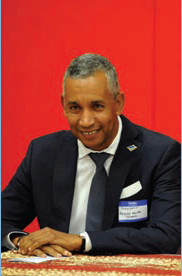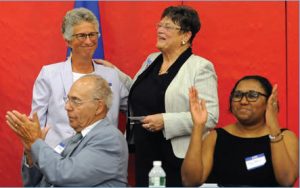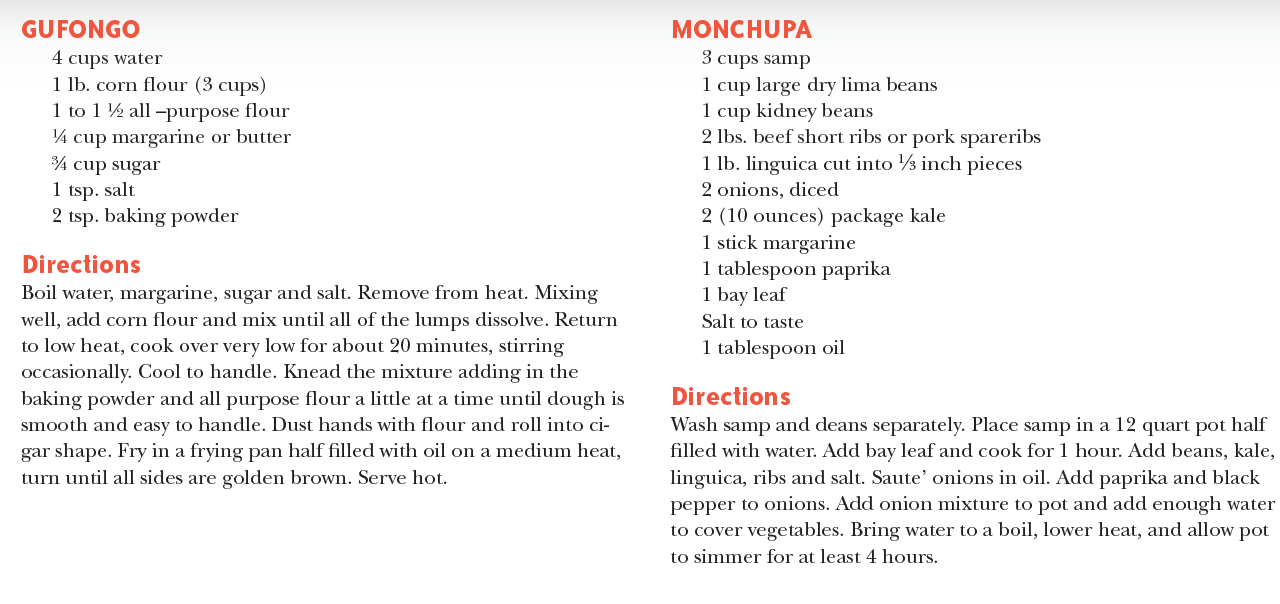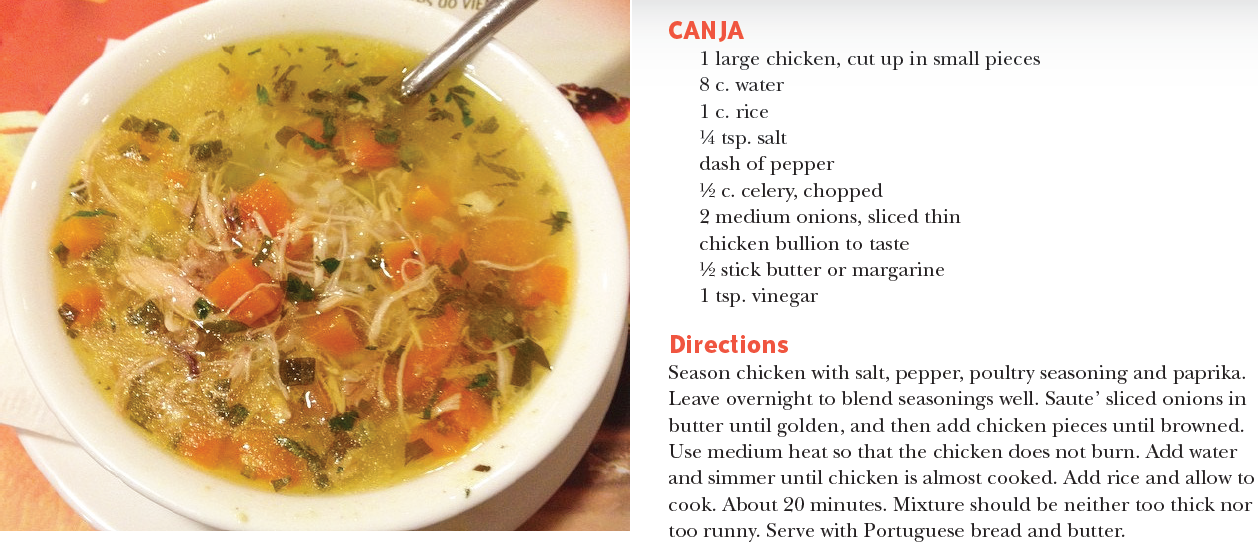(From the Harwich Chamber of Commerce magazine, 2020)
The Cape Verdean community has deep roots here in Harwich. How did they make Harwich home? As Harwich was established and the fishing and farming industries grew, some Americans chose to pursue what they considered “better opportunities” in other areas. At the same time, many Cape Verdeans looked to leave their country to take advantage of new opportunities here. The Cape Verdeans bought packet ships for little money, and that is how the Brava fleet started. This fleet traveled between the Cape Verdean Islands, Massachusetts, and Rhode Island on a regular basis.
Harwich’s native crop, the cranberry, was a leading source of employment for many Harwich natives. When the railroad came into town, the cranberry crops were easy to transport and ship, making it financially beneficial. The natural bogs grew into a thriving industry, but during an economic panic in the late 1870s many workers left Harwich to get jobs at factories in New Bedford, Brockton, and Fall River. With this departure left a need for employees who could maintain the cranberry bogs.
Luckily for Harwich and the valued cranberry industry, in the late 1800s many immigrants from Cape Verde started to arrive and were looking for a new home and work and they didn’t mind hard work. Many Cape Verdeans in the early years lived mainly in North Harwich and Pleasant Lake Villages because of the richness of the soil for the cranberries. What the Cape Verdeans brought with them was not only a strong sense of culture, but strong values of hard work and community. Today, these traits still exist and are a foundation for Harwich’s character as “The Warm Side of the Cape.”
Our Cape Verdean community members have over the years been strong leaders in civic affairs, held government offices, and have been extremely generous to the community of Harwich. Such leaders as Eugenia Fortes, who was the co-founder of the Cape Cod NAACP, Mabel Gomes Canto, who was a founding member and former vice president of Legal Services of the Cape and Islands, Shirley Gomes, who has held influential positions in government such as Selectwoman and then as State Representative. Harwich Police Chief John Raneo, who also was awarded in 1945 the Bronze Star for heroism, meritorious service, and Albert Raneo, a lifelong Harwich resident who was the Harwich Superintendent of Public Works & Highway and is a founding member of the Cape Verdean Educational Outreach, where he continues to share and educate students in our local schools about the history and culture of Cape Verde. The late James Marceline was a lifelong Harwich resident, and most notably he was Cape Cod Regional Technical High School’s benefactor, donating the land so the school could be established. Mr. Marceline also was the voice Town Meeting attendees respected and look forward to hearing. He truly shaped the Town Meeting in Harwich.
There are so many Cape Verdeans active in Harwich’s arts, such as Virginia Pena − her stories in Paint and Fabric was displayed at Brooks Academy. Paul Pena was a gifted musician, singer, and composer. Singer and songwriter Candida Rose performs throughout the Cape and South Coast in Crioulu and English. Angelina Raneo Chilaka is very active in the schools, developing the Best Buddies program, local Special Olympics, and many other community activities. She is also the daughter of Police Chief John Raneo and mother of genealogist and author Amanda Chilaka, who wrote the groundbreaking book, Early Cape Verdean & Portuguese Genealogy of Harwich MA. Roseanna Pena Warfield is a former Dean of Cape Cod Community College who now endows a scholarship for Cape Cod Community College students.

A recent highlight for Harwich was the visit by President Francisco Tavares, Mayor of the Island of Brava. He came to America to build upon the relationships with the Cape Verdean community, especially in Harwich, and to encourage the community to know about their heritage and history and to develop a culture between the two communities. Having this connection and strengthening the communication between the two nations will broaden an understanding and engage all in the cultural activities and traditions.
Cape Verdeans are also amazing cooks, and often a special day of the week in school would be Jag served as an option for lunch. Thank you to some wonderful people who shared these recipes for us to enjoy.
Harwich and the Cape Verdean community share joy of the arts, music, and dance, a strong work ethic that welcomed the cranberry industry, family values, the culture of sharing and hospitality, and wonderful connections. May we never forget the strong bond and continue to share with the coming generations the history of how we all came to be.


